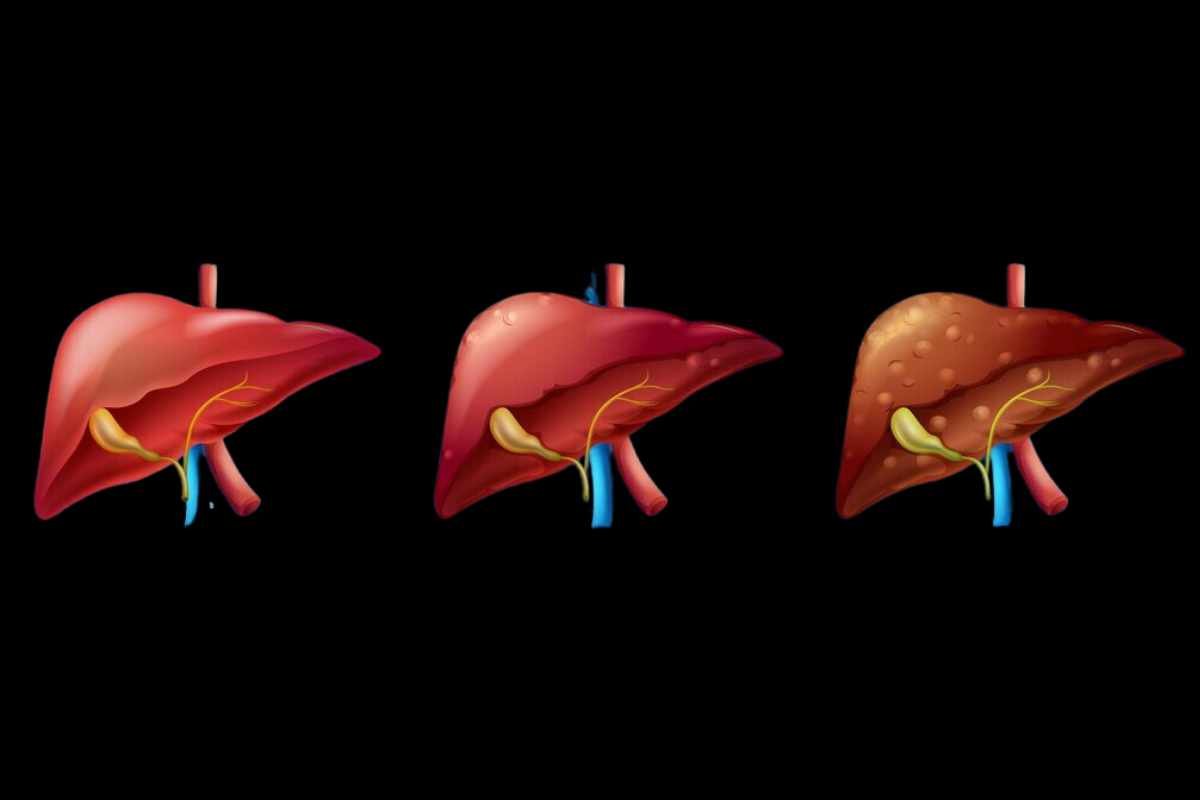[Source-freepik.com]
Hydrogen Sulfide’s Role in Liver Function and Obesity
A new study has revealed that delivering hydrogen sulfide therapy directly to cells could pave the way for innovative treatments for obesity and related diseases. Conducted by researchers from Jagiellonian University Medical College in Poland and the University of Exeter in the UK, the study highlights the critical role of hydrogen sulfide in regulating liver function. Previous research indicates that small amounts of hydrogen sulfide can influence how the liver processes fat, but scientists have yet to find a method to target this process effectively. In addition to regulating fat, hydrogen sulfide impacts mitochondria, the “powerhouses” of cells responsible for energy generation.
The research, published in Pharmacological Research, builds on earlier findings, suggesting that the delivery of hydrogen sulfide could offer a new way to manage fat metabolism and energy production in cells. The therapy could potentially provide a new treatment option for obesity, a growing global health crisis.
Study Shows Reduced Weight Gain in Mice
The study involved feeding mice a high-fat diet and injecting them with AP39, a compound developed to deliver hydrogen sulfide therapy directly to mitochondria. The results were promising—over the 12-week study period, the rate of weight gain in treated mice was significantly reduced by 32%. The treatment also reduced fat accumulation in the liver, a condition often associated with obesity that can lead to inflammation and other health complications.
AP39, invented at the University of Exeter and now owned by its spin-out company MitoRX Therapeutics, showed additional benefits in mice. It reduced the activity of processes in the liver responsible for creating harmful fats and proteins, and it regulated important signals that could otherwise harm the liver. Furthermore, AP39 suppressed the liver’s production of new fats by inhibiting a key metabolic pathway known as mTOR/SREBP1/NF-kB, which contributes to fat synthesis.
Potential for New Obesity and Diabetes Treatments
The research has far-reaching implications for the treatment of obesity and related conditions like type 2 diabetes. Professor Matt Whiteman from the University of Exeter Medical School, a co-author of the study, first began exploring the potential of hydrogen sulfide in 2004. His initial work showed that people with type 2 diabetes who were overweight had lower levels of hydrogen sulfide in their blood, which was linked to poor sugar control and insulin resistance. This suggested that replacing lost sulfide could reverse some of the negative health effects of obesity.
Professor Whiteman commented, “These early findings suggest that hydrogen sulfide therapy could play a role in treating obesity and diabetes. If our results in mice translate to humans, we may be looking at an exciting new option for treatment.” Lead author Dr. Aneta Stachowicz from Jagiellonian University echoed these sentiments, stating that the results mark the beginning of a new therapeutic approach for metabolic diseases.
With global obesity rates on the rise, this breakthrough could signal a new era in the fight against obesity, offering hope for better, more effective treatments.







